7 things that defined Pierre Dorion's tenure as Senators GM
Pierre Dorion's time with the Ottawa Senators certainly wasn't boring.
The now ex-general manager's tenure featured numerous sagas, several blockbuster trades, and one kiboshed deal that was his undoing. He also put his foot in his mouth on occasion (figuratively), raising expectations in the process.
Through all the headlines he either caused directly or at least played a part in generating, Dorion's tenure as Bryan Murray's successor lasted from April 10, 2016, until Wednesday. Only six of the 31 current NHL GMs have been in their positions longer than Dorion was, so he became a surprising example of longevity at the executive level - especially considering everything that happened on his watch.
Here are seven things that defined Dorion's eventful seven-plus years as Senators GM:
The Evgenii Dadonov debacle
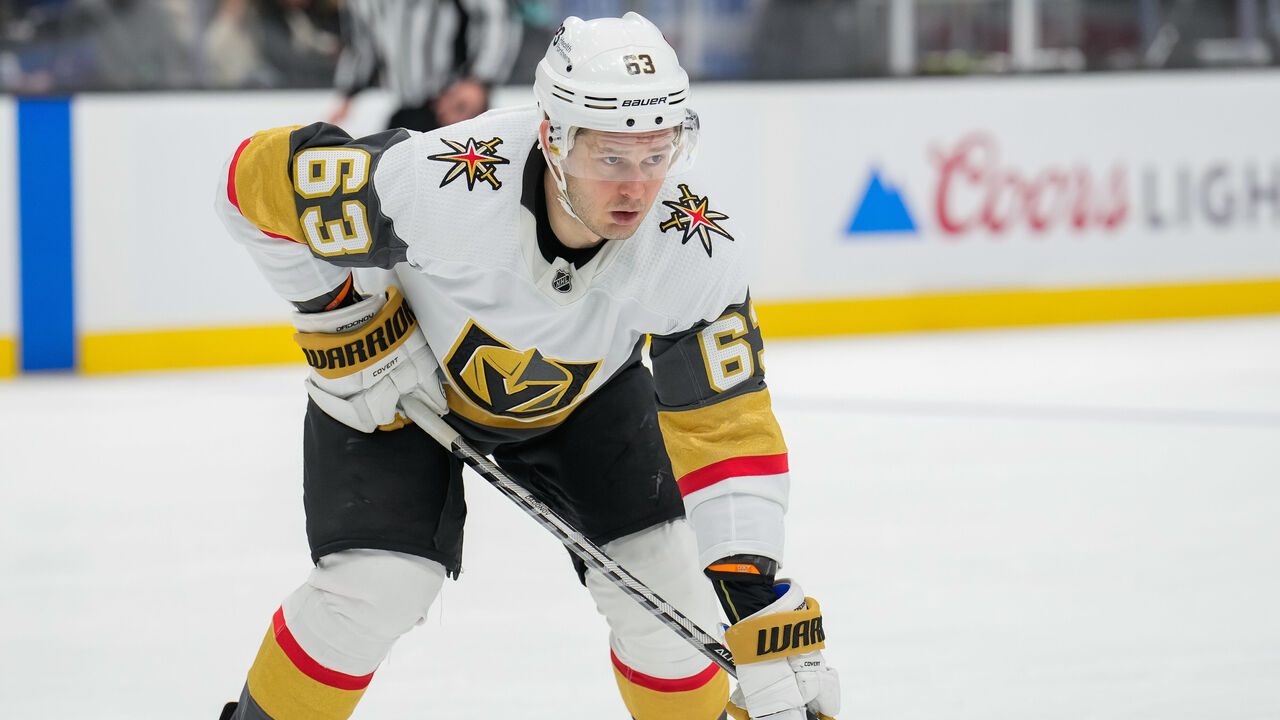
We should probably start by addressing the elephant in the room - and it's a pretty sizable one.
Hours before announcing Dorion's departure, the Senators were docked a first-round pick for their mishandling of an invalidated 2022 trade that would've sent veteran forward Dadonov to the Anaheim Ducks from the Vegas Golden Knights.
The Senators failed to inform Vegas of Dadonov's 10-team no-trade list when they sent him to the Pacific Division club during the 2021 offseason. Neither the Ducks nor the Golden Knights were sanctioned for their part in the blunder.
After inheriting a 73-page report on the matter, new Senators owner Michael Andlauer said Wednesday that the failed trade fiasco could be considered Dorion's last straw.
"We were negligent in nature, and our duty of care was ignored, which set off events that embarrassed the league and pissed off two other NHL clubs," Andlauer said. "As a member of this league, we have to be held accountable for our actions."
He added, "Ultimately, this could have been avoided. The accountability is on our hockey club. Pierre was ultimately responsible for the hockey operations of this club."
The Erik Karlsson trade
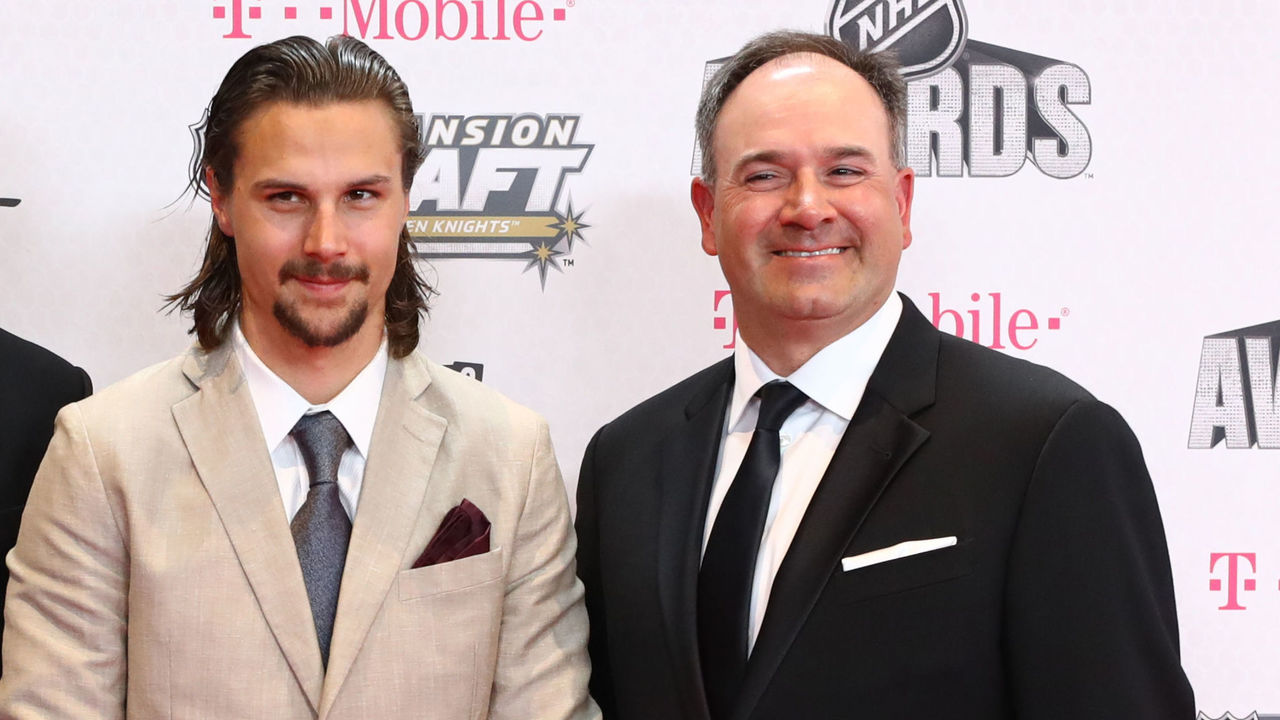
The hockey world recently put up with months of Karlsson trade speculation before the San Jose Sharks shipped him to the Pittsburgh Penguins in August. But the deal that sent the former Senators franchise fixture to San Jose about five years earlier was a monumental moment in the Sens' history and, as such, a key component of Dorion's legacy.
Ottawa had been unable to come to terms with Karlsson - the club's captain - on a new contract, reportedly offering him an extension worth $10 million per season on July 1, 2018. Karlsson wasn't interested, so Dorion made him available and dealt him to the Sharks two months later.
The Senators got a huge haul in the swap. They landed the rights to Josh Norris and the conditional draft pick (third overall in 2020) they used to select Tim Stutzle, while also reeling in three other players and two other picks. Stutzle has since blossomed into a cornerstone in his own right, while Norris is now a valued piece of Ottawa's core who's been productive when healthy.
Dorion allowed the Karlsson situation to reach a boiling point, and that reflects poorly on the ex-GM, especially in light of the Swede's Norris Trophy-winning 2022-23 season. But after it became clear the all-world blue-liner's days in Ottawa were numbered, at least Dorion managed to get not one but two pieces of what is now the team's promising core in return.
'The rebuild is done'
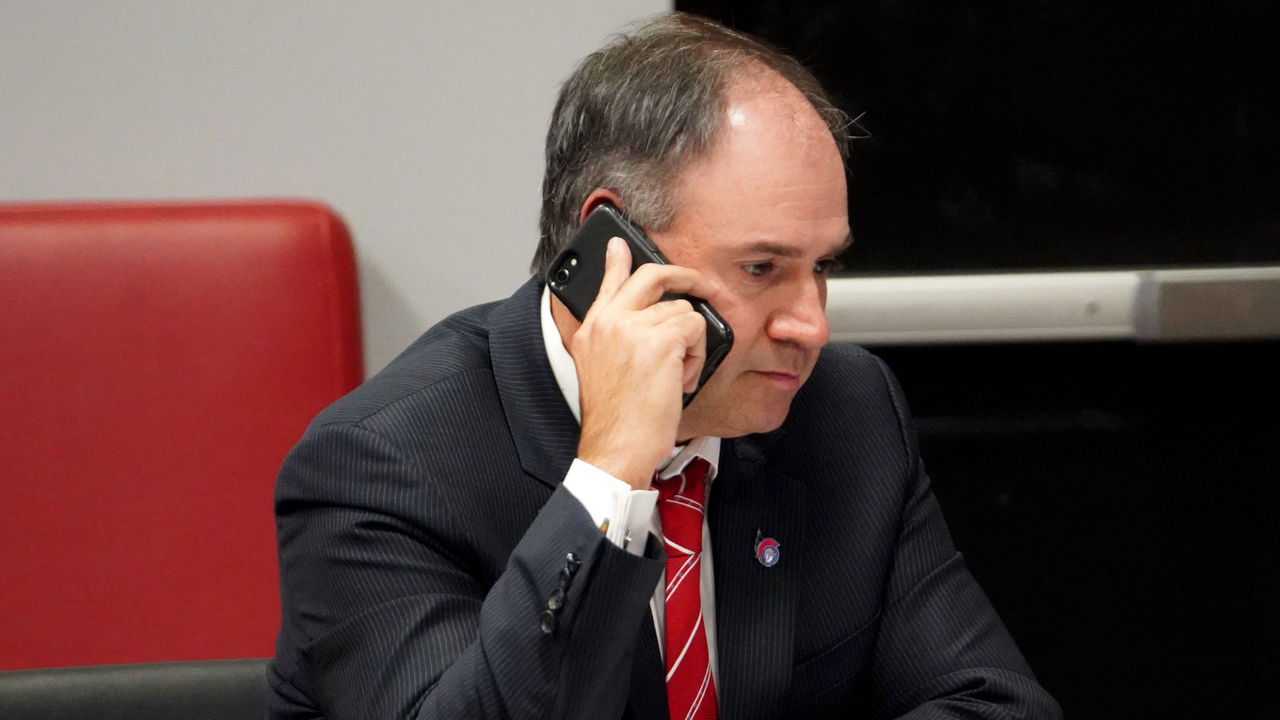
Ah yes, who could ever forget Dorion's rallying cry?
"The rebuild is done. Now we're stepping into another zone."
The executive made that declaration on Sept. 7, 2021 - the same day that the club signed him to a brand-new extension. Have the Senators made the playoffs since he said it? No. But his proclamation did foreshadow a pair of busy offseasons in 2022 and 2023, so at least he held up his end of the bargain.
The 2022 offseason was rightfully dubbed the "Summer of Pierre" after Dorion made a plethora of moves to bolster his club, including signing veteran forward Claude Giroux, two-time 40-goal-scorer Alex DeBrincat, and netminder Cam Talbot. Dorion then went on to win the Jakob Chychrun sweepstakes in March, but the moves wouldn't be enough as the Senators finished six points out of the playoff picture.
The 2023 offseason didn't have a cool, Dorion-themed nickname, but the general manager was presumably still glued to his phone. This time, he attempted to stabilize the crease by bringing in Joonas Korpisalo and mitigated the inevitable loss of DeBrincat by signing sniper Vladimir Tarasenko. It remains to be seen if Dorion's final additions will be enough to get the Senators over the hump.
Dishing out deals to the young core
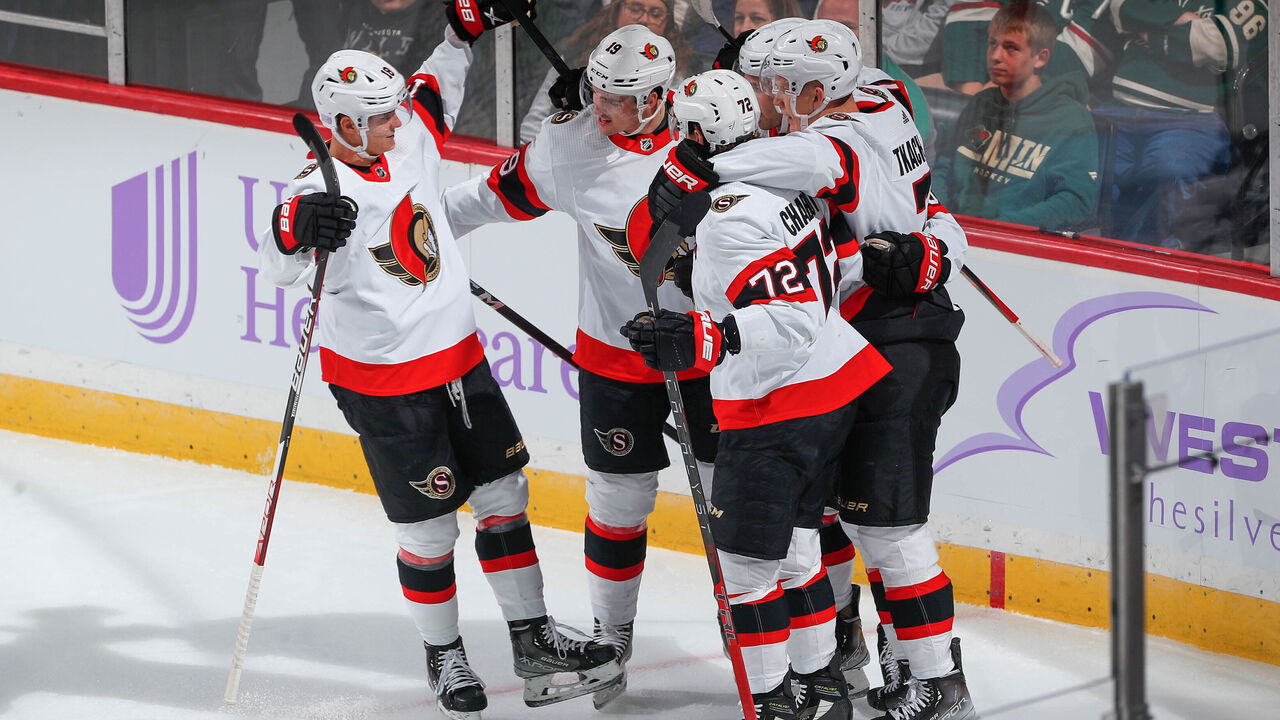
For all the criticism Dorion rightfully received, one thing for which he should be commended is how many members of the team's core he signed to long-term deals:
| Player | Years | Cap Hit | Date |
|---|---|---|---|
| Thomas Chabot | 8 | $8M | Sept. 2019 |
| Drake Batherson | 6 | $4.975M | Sept. 2021 |
| Brady Tkachuk | 7 | $8.206M | Oct. 2021 |
| Josh Norris | 8 | $7.95M | July 2022 |
| Tim Stutzle | 8 | $8.35M | Sept. 2022 |
| Jake Sanderson | 8 | $8.05M | Sept. 2023 |
There's bound to be some regret when inking this many players to max term or just downright lengthy pacts - whether declining performance or injuries ultimately play a role. But by going long on term, Dorion undoubtedly brought the average annual values down, allowing him to fit them all under the salary-cap ceiling.
Of course, that did come back to haunt Dorion when he suddenly lacked the cap space necessary to re-sign soon-to-be 23-year-old Shane Pinto (before the forward's 41-game suspension for betting violations) prior to the start of this season. Dorion has also made some signing blunders, most notably giving forward Colin White a six-year pact at $4.75 million annually and signing goaltender Matt Murray to a four-year agreement at $6.25 million per campaign.
But for the most part, the former GM does deserve credit for locking in the vast majority of the team's stable of younger talent for the long haul.
A pair of Matt Duchene trades
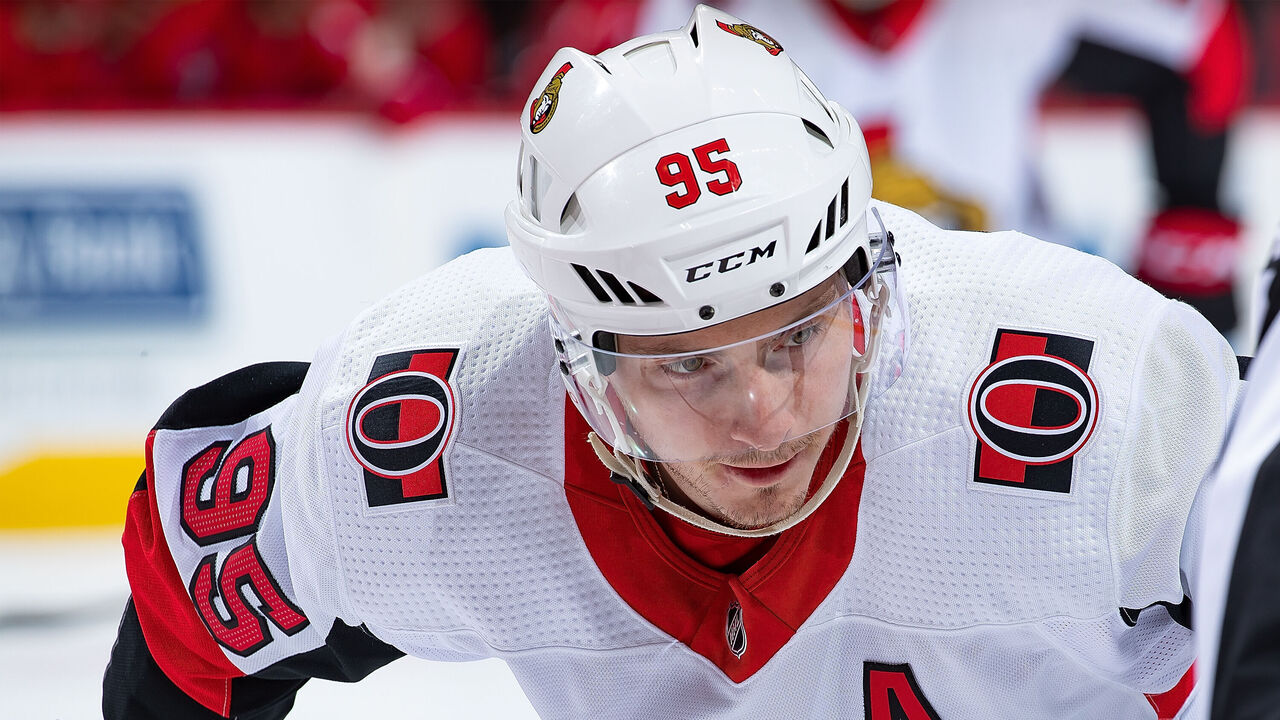
Picture this: It's the 2017-18 season, and the Senators just missed out on the Stanley Cup Final by one goal a few months prior. Enter Matt Duchene, who was disgruntled with the Colorado Avalanche and hungry for a playoff run.
Ottawa acquired his services in November 2017 as part of a three-team trade with the Nashville Predators in exchange for a first-round pick, a third-rounder, Shane Bowers, Andrew Hammond, and Kyle Turris. That’s a steep price to pay for the absolute nosedive that followed. The Senators ended the 2017-18 campaign in 30th place. Even worse, the Avalanche used that first-rounder to draft defenseman Bowen Byram fourth overall in 2019. Ouch.
Dorion fared better in his second Duchene trade, but he still didn't ace it. As Ottawa began hemorrhaging its star players, the Senators traded Duchene (and rearguard Julius Bergman) to the Columbus Blue Jackets prior to the 2019 trade deadline in exchange for prospects Vitaly Abramov and Jonathan Davidsson, as well as a first-round pick, which Ottawa used on defenseman Lassi Thomson. Though Abramov and Davidsson didn't pan out, it was an OK return for Duchene, who wasn't keen on staying with the Senators through a rebuild.
Ottawa would have received an additional first-rounder if Duchene re-signed in Columbus, but unfortunately for Dorion, that didn't happen. Duchene helped the Jackets sweep the Tampa Bay Lightning in the 2019 playoffs, but he ended up signing with the Predators as a free agent. He enjoyed one standout season in 2021-22 since leaving the Senators, but Nashville ended up buying out the last three seasons of his contract in June.
The Mika Zibanejad swap
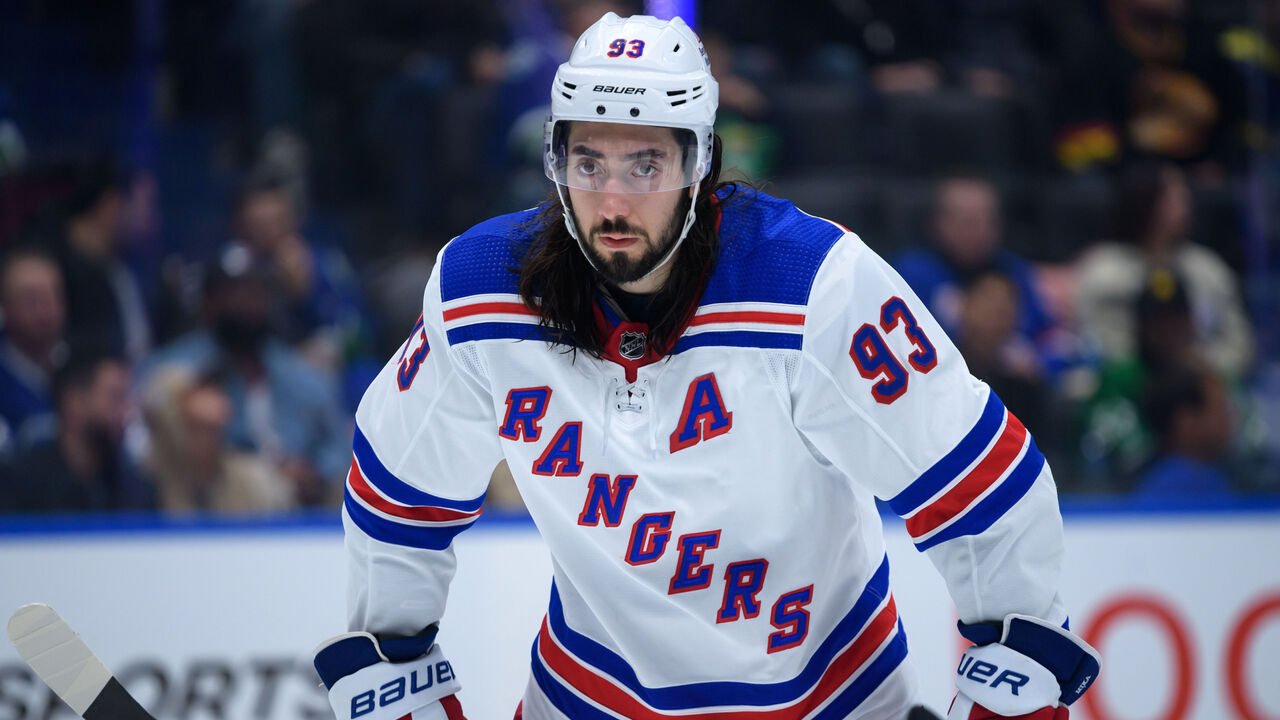
Making his first big splash as general manager, Dorion sent center Zibanejad and a second-round pick to the New York Rangers in exchange for forward Derick Brassard and a seventh-rounder in July 2016.
Zibanejad was 22 years old at the time and was just coming off his second consecutive 20-goal season. He had one year remaining on his deal and was due a significant raise on his $2.625-million cap hit. Brassard, meanwhile, had three seasons left on a five-year pact with an average annual value of $5 million, but the contract was front-loaded and would only cost Ottawa $3.5 million in salary in each of the last two campaigns.
In his first season with Ottawa in 2016-17, Brassard put up 11 points in 19 playoff games while helping the team make the Eastern Conference Final - the first and only time the Senators made the playoffs under Dorion's guidance. Ottawa traded Brassard to the Pittsburgh Penguins midway through the 2017-18 season for a package that included goalie Filip Gustavsson and a first-round pick, which the Senators eventually used on defenseman Jacob Bernard-Docker. Like Thomson, Bernard-Docker is also trying to find some staying power in the NHL.
Zibanejad, meanwhile, has established himself as a stud of a first-line center in the Big Apple and is coming off a career year in which he put up 91 points in 82 games. The Rangers are now a top threat in the Metropolitan Division and made the Eastern Conference Final in 2022.
With seven years to look back on, we'd say the Rangers handily won this trade.
The Mark Stone trade
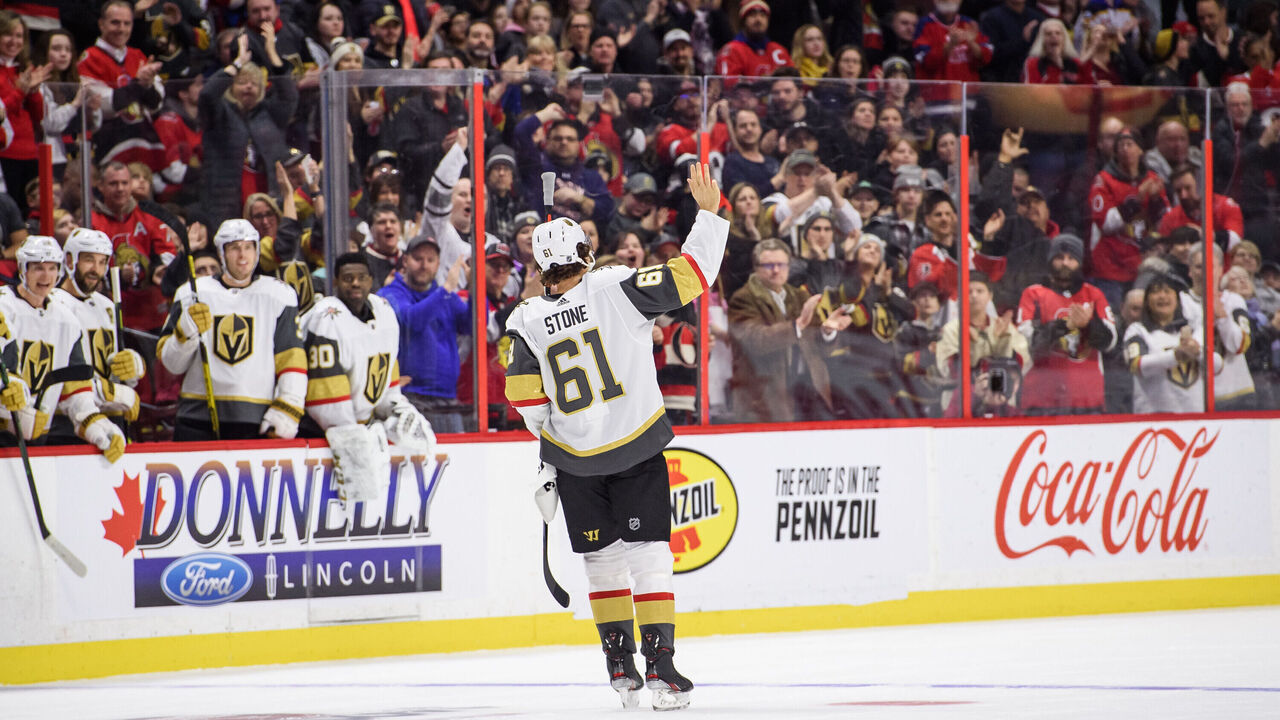
Not even one full season after the Karlsson trade, the Senators shipped out another longtime impact player. Leading up to the 2018-19 trade deadline, Stone's inevitable departure became increasingly likely. Dorion provided closure by sending him to the Golden Knights along with forward Tobias Lindberg for defensive prospect Erik Brannstrom, a 2020 second-rounder (with which Ottawa selected young winger Egor Sokolov), and veteran forward Oscar Lindberg.
Much like Karlsson's nine memorable seasons with the Sens, Stone enjoyed five productive fuller campaigns of his own with Ottawa and parts of two others before being dealt away. The difference between this trade and that of Karlsson was that Dorion failed to acquire much in return for Stone. Brannstrom is only 24 now, but he's still trying to reach his potential. Sokolov is only 23, but he's playing in the AHL and has suited up for only 13 NHL games since the trade.
Meanwhile, the Golden Knights named Stone their first captain in franchise history in January 2021, and the two-way stalwart helped Vegas win the Stanley Cup last season with 24 points in 22 postseason contests. To say the Stone trade was a devastating one for Dorion and the Senators would be an understatement.